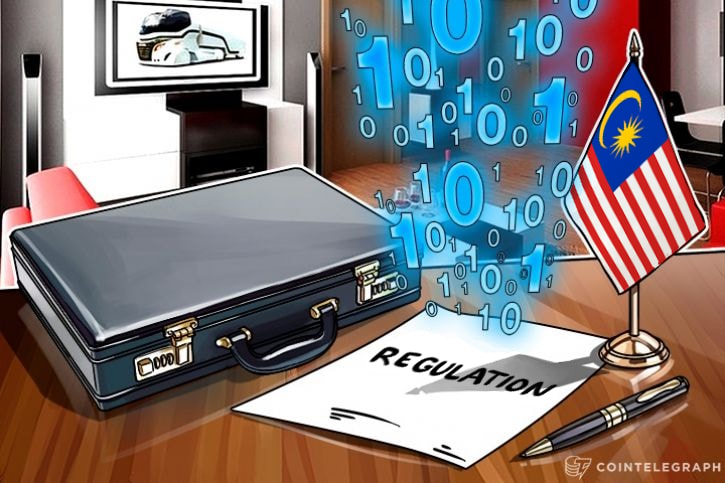Cryptocurrency exchanges in Malaysia must now fully identify traders after new central bank anti-money laundering legislation came into effect Tuesday, Feb. 27.
A copy of the legislation and official press release from the Bank Negara Malaysia (BNM) states that any exchanges offering crypto-to-fiat, fiat-to-crypto and even crypto-to-crypto trading must “identify the customer and verify that customer’s identity.”
As Cointelegraph reported in November 2017, forecasting the regulations, BNM Governor Tan Sri Muhammad bin Ibrahim placed emphasis on the need to control potential criminal usage of digital currencies.
“The advent of digital currencies as some have forecast will mark the beginning of a new era in the financial sector. As authorities, we cannot be oblivious to these developments,” the BNM Governor said.
Now, exchange operators must comply with various statutes relating to “customer due diligence” (CDD) before allowing new and existing accounts to legally continue activity.
According to the legislation, “reliable, independent source documents, data or information” is required, and specifically a government-issued ID:
“In conducting CDD on an individual customer and beneficial owner, the reporting institution is required to obtain at least the following information:
(a) full name;
(b) National Registration Identity Card (NRIC) number or passport number or reference number of any other official documents bearing the photograph of the customer or beneficial owner;
(c) residential or mailing address; (d) date of birth; (e) nationality; and (f) purpose of transaction”
Formal steps to add transparency to cryptocurrency trading markets are traditionally viewed with optimism by proponents.
In Asia, Japan’s exchange licensing program, preparations for which began in April last year, has served to add weight to the argument that such measures are necessary in order to allow cryptocurrency to debut to a much wider mainstream audience.
Neighboring South Korea is also considering an exchange licensing scheme for after elections in June this year, having previously stipulated all exchange users must tie their account identity to their bank account.


